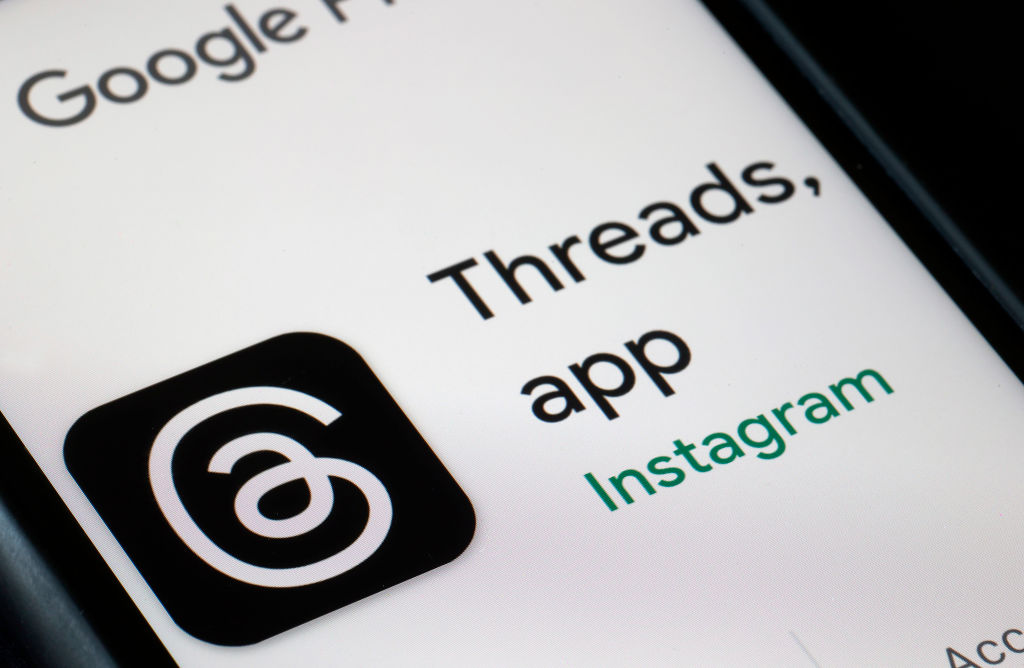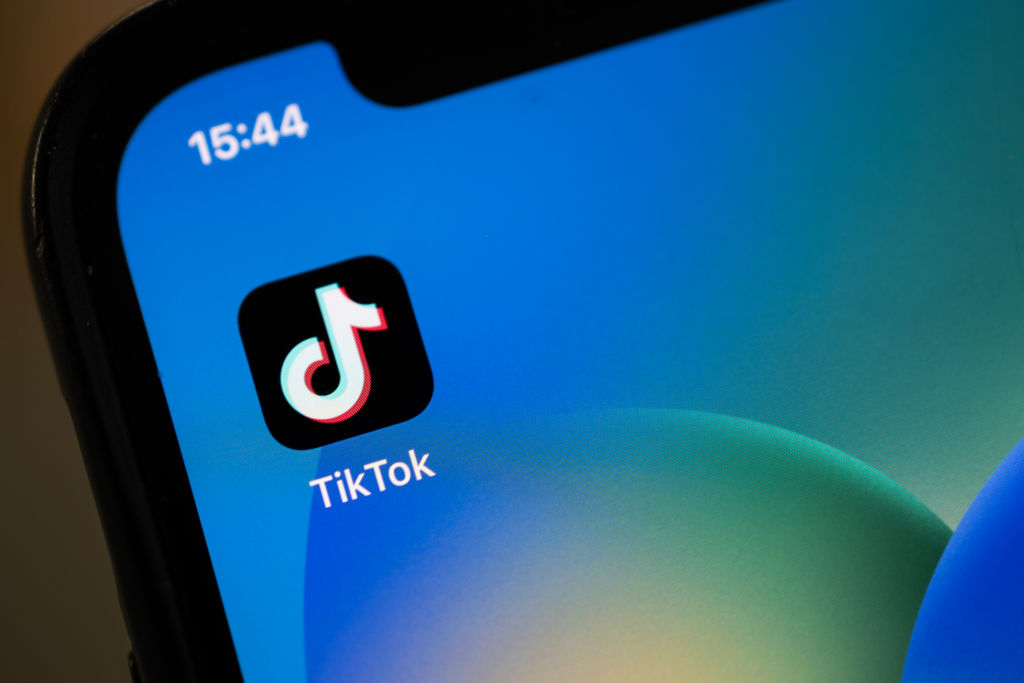Parallels have been drawn by critics between alleged Facebook electoral interference in Australia and incidents within the European Union, with the scandal said to bear similarities to occurances involving the platform in Ireland and Slovenia
So-called “fact-checkers” working with Facebook owner Meta have been accused of limiting the spread of legitimate journalism in Australia using false claims of disinformation with the aim of influencing a referendum in the country.
Critics have linked the controversy to the platform’s previous actions within the EU, with many fact-checkers working with Meta being accused of abusing their privileged position to push a political agenda.
Quick to draw EU parallels with the Australian story was Slovenian news outlet Nova24TV, which linked the Australian censorship scandal to issues it said it was having with local fact-checkers.
Facebook has suspended one of its fact-checking organisations in Australia that came under scrutiny for apparently promoting a left-leaning bias and working without a licence. https://t.co/00VBrxwlMm
— Brussels Signal (@brusselssignal) August 30, 2023
The outlet is said to have repeatedly fought with the so-called Centre for Investigative Journalism, or Oštro, which has repeatedly accused the news organisation of spreading disinformation.
Such claims largely appear to centre around Nova24TV‘s repeated use of the American news portal Breitbart as a source, with Oštro accusing the US outlet of publishing “xenophobic and racist content”.
Nova24TV has even accused Oštro of getting its Facebook account axed from the platform by flagging an article discussing child sex-change surgery as being fake news.
Centred around Boston Children’s Hospital, Nova24TV repeated claims made by Breitbart that the facility appeared to be performing sex-change procedures on under-18s.
Numerous fact-checking organisations were quick to lambast the reporting as false, claiming that while the Boston hospital did perform sex-change surgeries, it did not do so on children.
The hospital went on to update its website to explicitly state that “all genital surgeries are only performed on patients aged 18 and older”.
Breitbart stood by its reporting, however, noting that the hospital had previously claimed on its website that children needed to be “at least 17 years old” for certain transgender genital surgeries.
Nova24TV has accused Oštro’s actions against it as being politically motivated, attacking the fact-checking organisation for what it said was its left-wing bias.
Meta, the owner of Facebook and Instagram, has announced changes to its social media platforms in response to new European Union censorship laws coming into force. https://t.co/P93ZmsvM6r
— Brussels Signal (@brusselssignal) August 23, 2023
Such accusations appear to be commonly levelled at Facebook fact-checkers, although such alleged bias has further interesting elements in the case of Ireland.
One of the two major fact-checkers operating in the country, online news portal TheJournal.ie has repeatedly been accused of making spurious fact checks, with the outlet frequently coming into conflict with its centre-right competition Gript Media.
Like Oštro, TheJournal.ie has been accused of labelling truthful information as fake news, even allegedly changing one of its own ratings about Down’s syndrome abortions in the UK from “mostly true” to “false” during Ireland’s recent abortion referendum.
“These actions show that The Journal cannot be considered an unbiased, independent and credible fact-checker,” one pro-life group in the country claimed.
Speaking to Brussels Signal, Hermann Kelly, the president of the Eurosceptic Irish Freedom Party, bemoaned what he said was Facebook’s influence on Irish politics, describing the platform as looking like it was run by pro-censorship “far-left activists”.
“The Irish Freedom Party has been severely restricted from sharing posts for ages by Facebook,” he said. “I myself was not allowed to advertise on Facebook during the 2019 Euro election.
“If that is not foreign electoral interference, I don’t know what is.”
A particularly interesting element of TheJournal.ie as a fact-checker is the influence the European Union appears to hold over the organisation.
Operating within Ireland’s cash-strapped journalism sector, the outlet has been receiving sizable cash payments from Brussels, being handed €350,000 in a grant from the bloc back in 2020.
The portal has frequently run “puff pieces” for the EU since then, with the publication’s so-called “Good Information Project” frequently including such pieces praising the bloc.
Efforts to censor the internet in Europe must be left to the European Union and its Digital Services Act, the European Commission has told France. https://t.co/C6RmyA6Swa
— Brussels Signal (@brusselssignal) August 3, 2023
Brussels has also been a major champion of third-party fact-checkers on Facebook, with the EU’s 2022 Code of Practice on Disinformation mandating social media companies work with such external organisations to clamp down on fake news.
The bloc’s Digital Services Act may actually help mitigate abuses of the powers given to fact-checkers.
Under the newly enforced rules, designated large social media platforms – including Facebook, Instagram, Twitter and TikTok – will no longer be able to ban or limit accounts without explanation.
Furthermore, the law requires platforms to allow users to appeal decisions that ban or limit their accounts, with netizens also now allowed to appeal such decisions all the way up to a real-life court if they so wish.
Giorgia Meloni’s Italian Government is reportedly in talks to host the forthcoming cage-fight between Twitter owner Elon Musk and Facebook founder Mark Zuckerberg. https://t.co/dShrRodFZj
— Brussels Signal (@brusselssignal) August 14, 2023





